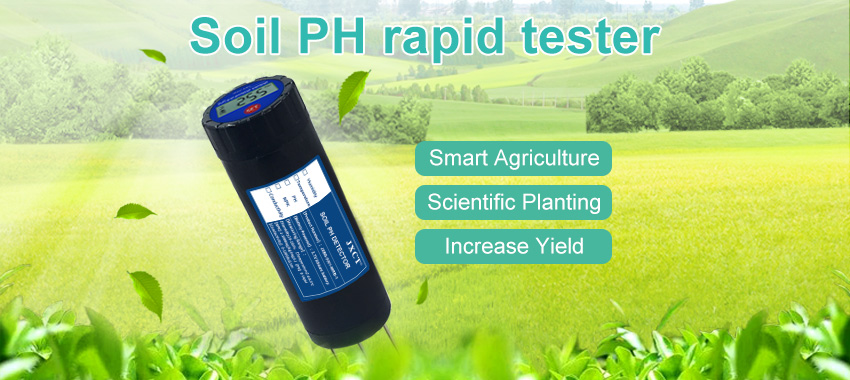Precision farming, also known as precision agriculture, is a modern approach to agricultural practices that utilizes technology to optimize crop growth and maximize yields. One of the key technologies driving precision farming is soil sensing technology. Soil sensing technology enables farmers to gather real-time data on soil conditions to make informed decisions about irrigation, fertilization, and other critical aspects of crop management. This article delves into the significance of soil sensing technology in precision farming and its role in enhancing crop growth.

Understanding Soil Sensing Technology:
Soil sensing technology involves the use of advanced sensors and monitoring systems to collect data on various soil parameters. These include moisture content, temperature, nutrient levels, pH levels, compaction, and organic matter content. These sensors are often placed in the ground strategically to capture data at different depths within the soil profile. By continuously monitoring these parameters, farmers gain insights into the health and quality of the soil, allowing them to tailor their farming practices accordingly.
Optimizing Irrigation Management:
Water is a precious resource in agriculture, and efficient irrigation is crucial for crop growth. Soil sensing technology plays a vital role in optimizing irrigation management by providing real-time data on soil moisture levels. Farmers can obtain accurate and timely information about the water needs of their crops, enabling them to apply water precisely when and where it is required. This prevents over- or under-irrigation, leading to improved water use efficiency and healthier crop growth.
Improving Nutrient Management:
Proper nutrient management is essential for crop growth and productivity. Soil sensing technology provides farmers with valuable data on nutrient levels present in the soil. By knowing the nutrient content in real-time, farmers can make informed decisions regarding the application of fertilizers. This precise approach to nutrient management reduces wastage, minimizes environmental pollution, and ensures that crops receive the optimal nutrients for healthy growth and higher yields.
Detecting Soil Variability:
Soil conditions can vary significantly within a field, affecting crop growth. Soil sensing technology allows farmers to detect soil variability by measuring parameters such as pH levels, nutrient distribution, and compaction. By mapping these variations, farmers gain a better understanding of the field’s characteristics and can implement site-specific management practices. This includes adjusting seeding density, applying fertilizers more precisely, or even employing variable rate technologies to ensure uniform crop growth across the entire field.
Monitoring Soil Health:
The health of the soil is crucial for sustained crop productivity. Soil sensing technology provides insights into soil health parameters such as organic matter content and microbial activity. By continuously monitoring these aspects, farmers can identify potential issues that may impact crop growth, such as soil erosion, compaction, or nutrient depletion. Armed with this knowledge, farmers can implement appropriate soil conservation practices, amend the soil as needed, and preserve long-term soil fertility for optimal crop growth.

Weather and Climate Adaptation:
Weather and climate conditions directly affect crop growth and performance. Soil sensing technology, when incorporated with weather data, helps farmers adapt to changing conditions. By monitoring soil moisture levels, temperature, and other parameters, farmers can make informed decisions about adjusting irrigation schedules, modifying planting dates, or implementing specific protection measures in response to extreme weather events. This adaptive approach ensures that crops are resilient against adverse weather conditions, leading to improved yields.
Integration with Precision Agriculture Technologies:
Soil sensing technology plays a crucial role in the integration of various precision agriculture technologies. By combining soil sensor data with other technologies such as remote sensing, drones, and GPS, farmers can create comprehensive decision support systems. This integration enables precise mapping of spatial information, allowing farmers to implement site-specific actions and optimize resource allocation. By using data-driven approaches, farmers can reduce costs, minimize environmental impact, and increase overall efficiency in crop production.
Supporting Sustainable Farming Practices:
Precision farming with soil sensing technology promotes sustainable farming practices by optimizing resource utilization and minimizing environmental impact. Efficient irrigation and nutrient management reduce water waste and nutrient runoff, protecting water resources and ecosystems. Additionally, precise monitoring of soil health and adaptability to weather conditions help prevent soil degradation and improve
